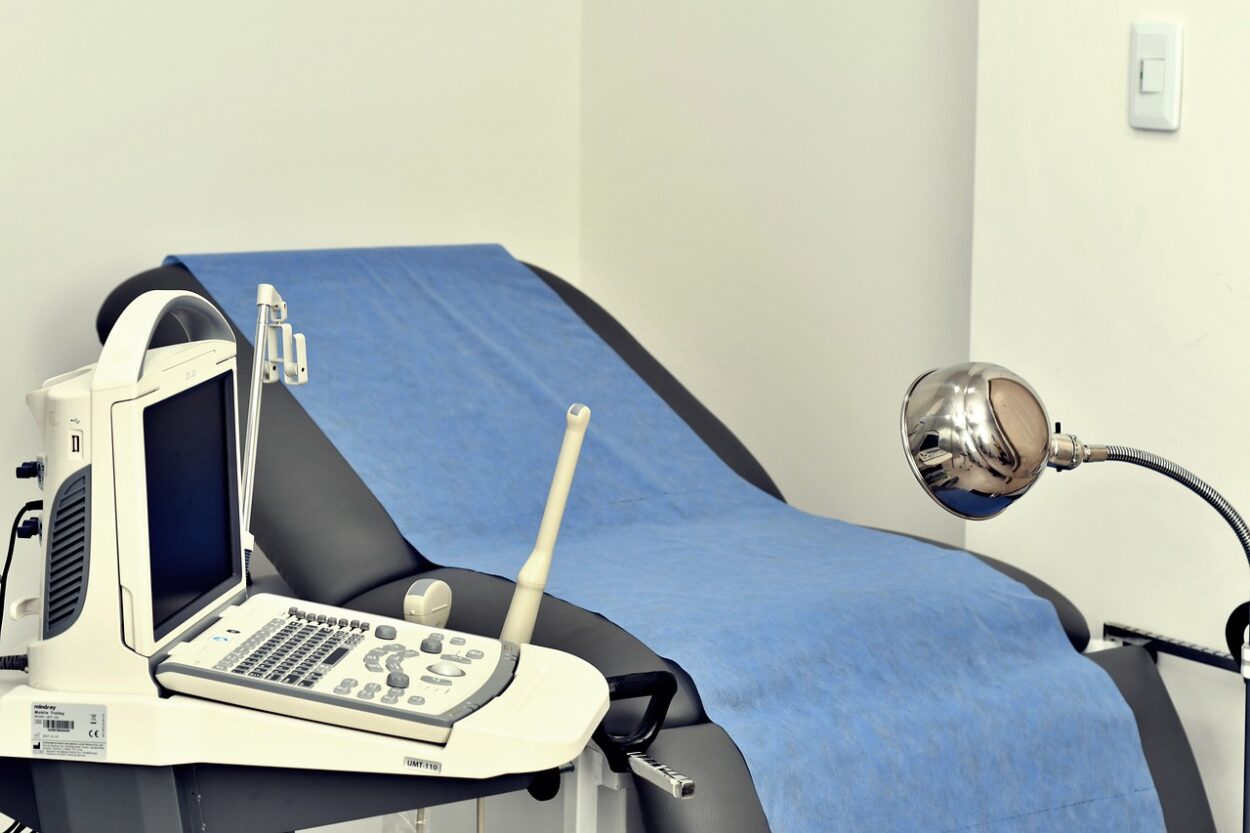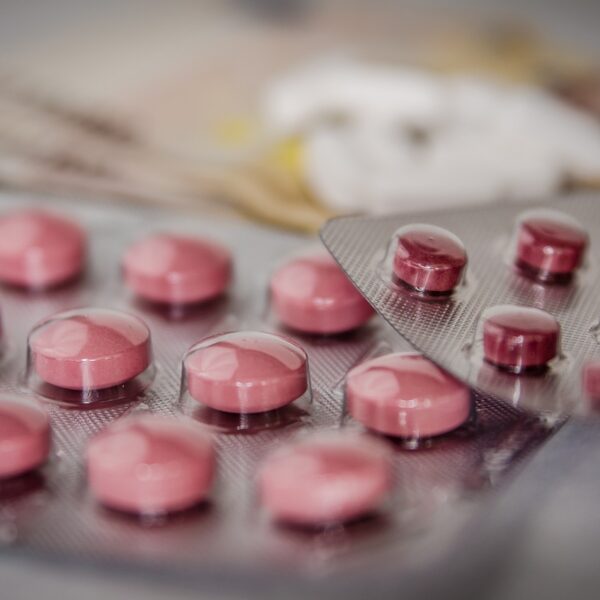A colposcopy is an exam that lets your healthcare provider look at the cervix and vagina. It can be painful, but over-the-counter pain relievers can help. You should avoid doinguching, sexual intercourse and using tampons for 48 hours before the exam.
You will lie on an examination table, with your legs supported in stirrups. The gynaecologist will insert a tool called a speculum to open your vagina and cervix. The doctor will then apply a vinegar solution to the area and swab it with cotton.
You can have sex after a biopsy
A colposcopy is an exam that allows your doctor to see inside your vaginal canal and cervix. It is usually done by a gynecologist or an obstetrician. The exam is quick and painless, although you may feel some discomfort when the speculum enters your vagina. You can take over-the-counter pain relievers to help with the discomfort. It is best to schedule a colposcopy when you are not menstruating. You should also avoid using tampons, douches, and vaginal medicines.
During the procedure, your doctor inserts an instrument called a speculum into your vagina to open the walls of your vagina. Then they shine a light into your vagina and cervix to identify any abnormal cells. They may also put a vinegar or iodine solution on your cervix to make the abnormal cells more visible. This can cause a burning or stinging sensation.
The doctor will then use a tool to remove a small sample of tissue from the area. The tissue is then sent to a laboratory for testing. You may have spotting or dark vaginal discharge for a few days after the biopsy. It is important to wear a sanitary pad after the procedure.
After the biopsy, you should wait at least five days before having sex. This will allow your cervix to heal. You should also not have sex while you are bleeding or during your period.
You can have sex after a Pap test
The Pap test is the most common way to check your cervix for cervical cancer and precancerous cells. It is important to avoid sex right before a Pap test because it can interfere with the results. Sex can irritate the skin of the cervix and cause discharge that can obscure the results.
If you do have sex before your Pap test, you should use a condom to protect yourself from infection. You should also avoid fingering, oral sex and genital-to-genital grinding. You should also avoid penetrative sex or any other sexual activity that involves inserting anything into your vagina. You should also avoid using douches or vaginal creams before the exam.
A colposcopy is an invasive procedure that requires your doctor to use a magnifying instrument called a colposcope to look at your cervix. The procedure can take up to 20 minutes, so you should schedule it during the week before your period. You should also avoid sex and vaginal lubrication for 48 hours before your appointment. You should also take ibuprofen to relieve any pain and discomfort during the exam.
You should only have sex after a Pap test if your doctor has given you the go-ahead to do so. If you have sex after your Pap test, you should use sanitary products to prevent bacterial infections. You should also avoid using lubricants for at least a day after the test. If you do have sex, you should expect a bit of spotting or light bleeding, but it shouldn’t last long.
You can have sex after a pelvic exam
A colposcopy is a medical procedure that allows your healthcare provider to see your cervix with an instrument called a colposcope. This exam usually takes 10-15 minutes and can be done in your doctor’s office. If you are sexually active, your doctor may also recommend testing for STIs, such as gonorrhea and chlamydia. The results from these tests will be available within a few days. You should expect some light bleeding from your cervix after the test.
A gynaecologist will use an instrument called a speculum to widen your vagina and then look at the cervix using the colposcope. During this time, they might also clean the cervix with a vinegar solution or paint it with iodine. This makes it easier for them to spot abnormal areas. They might also take a biopsy of a suspicious area. If you need a biopsy, you’ll likely feel a cramping sensation similar to a period pain when it happens.
You should avoid having sex or using vaginal lubricants for 48 hours before your colposcopy. You should also avoid douches, spermicidal creams or suppositories. It’s best to schedule your appointment on a day when you aren’t menstruating. This will give your cervix more time to heal before you have an internal exam and biopsy. If you’re pregnant, talk to your gynaecologist about whether this can affect the outcome of your procedure.
You can have sex after a vaginal exam
Having sex after a vaginal exam can be scary, but you should know that it is safe. It’s important to follow your doctor’s instructions before having sex. Typically, women should not have any vaginal penetration for 48 hours before a Pap smear. They should also avoid using any products in the vagina, including creams, lube, and spermicidal foams.
During a Pap test, doctors collect cells from the cervix with a swab or brush. Then, they send the sample to a lab for testing. These tests are usually done every three to five years and can detect abnormal cells that may indicate cancer or precancerous growths.
A colposcopy is a more in-depth exam than a Pap test. During a colposcopy, your gynecologist will use a tool called a speculum to open the vagina and then insert the colposcope, which looks like a microscope. They will also clean and soak the cervix with a vinegar solution, which makes the cells on the cervix more visible. They may also paint the cervix with iodine, which turns healthy cells brown.
The procedure is generally painless, but you might experience cramping similar to period pain for a few days. You might also have some spotting or dark-colored discharge from your vulva after the exam. This will go away after a few days, but you should contact your healthcare provider if you experience heavy bleeding or have smelly vaginal discharge.




Leave a Comment